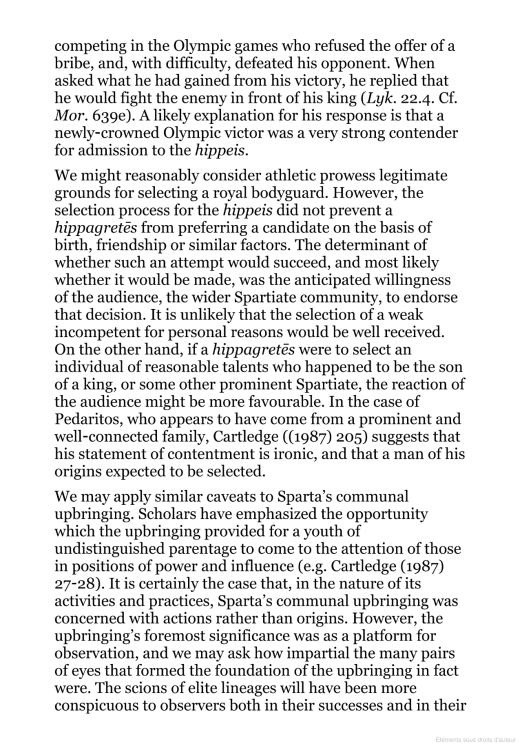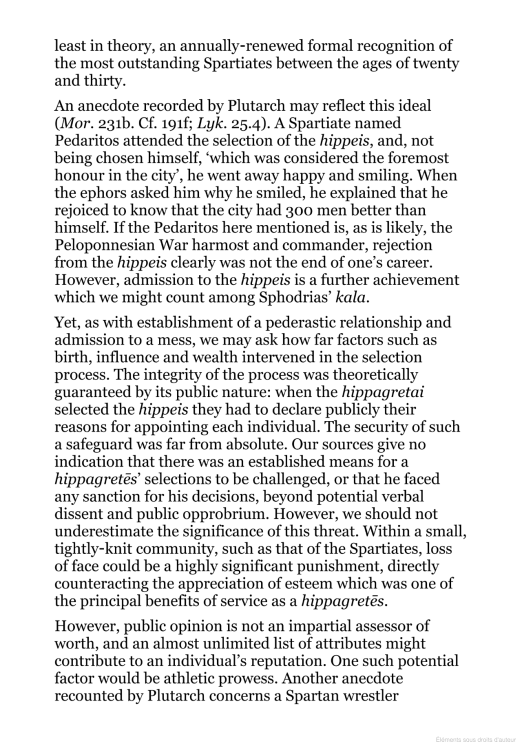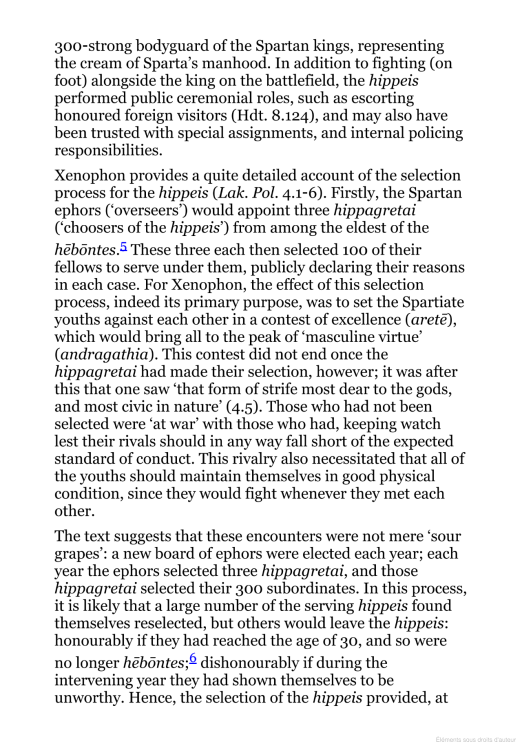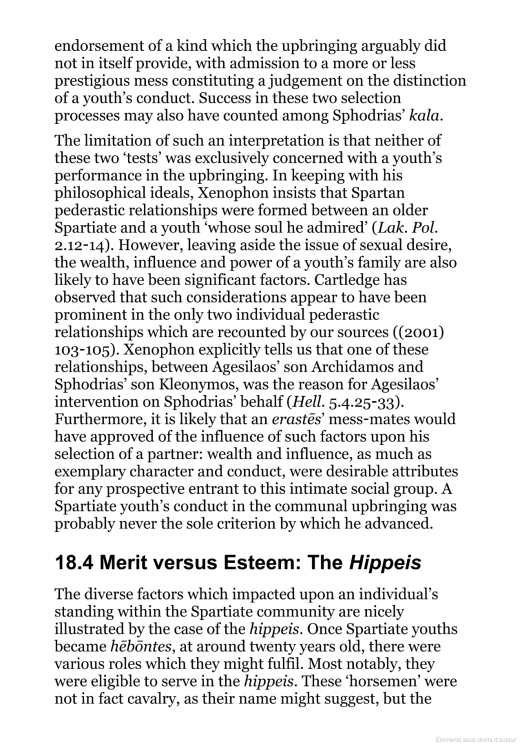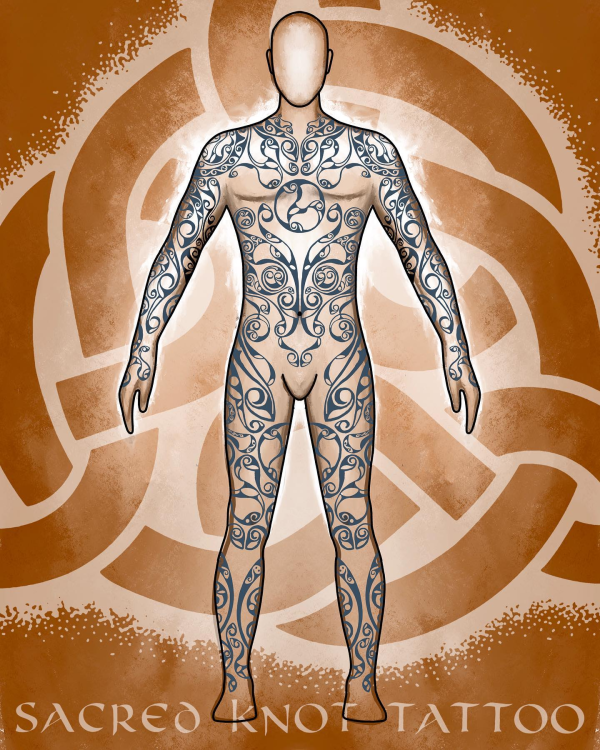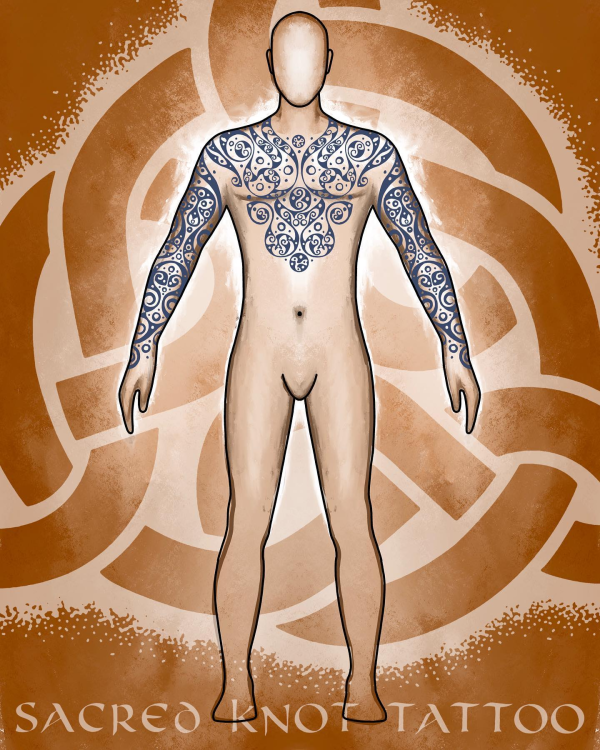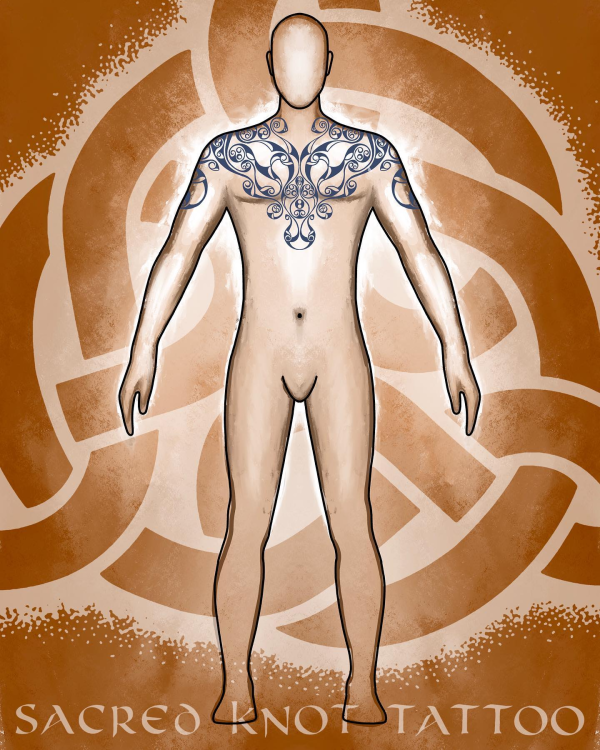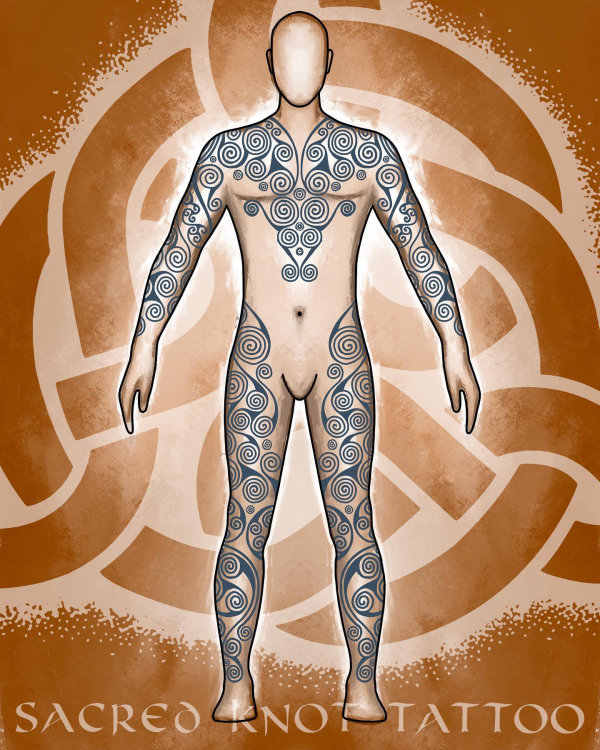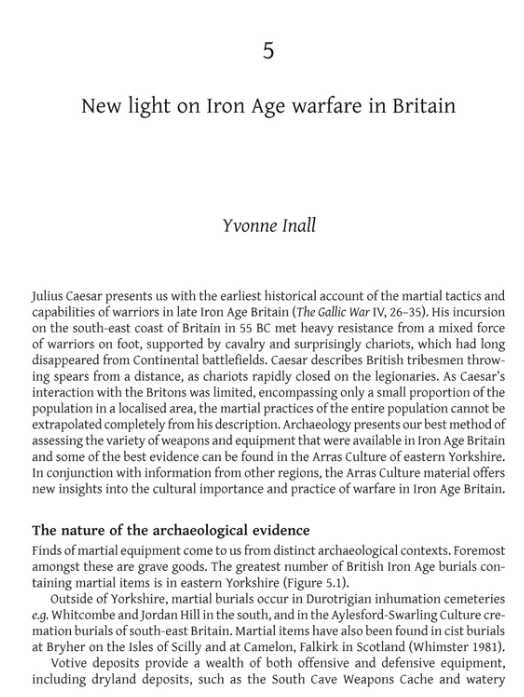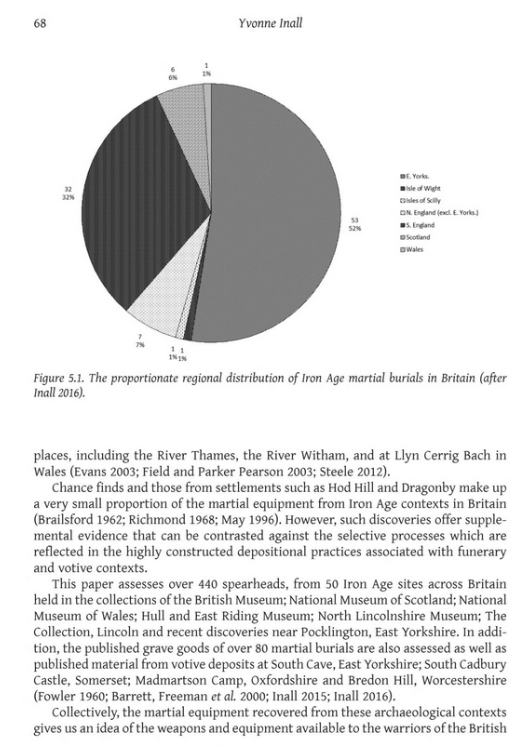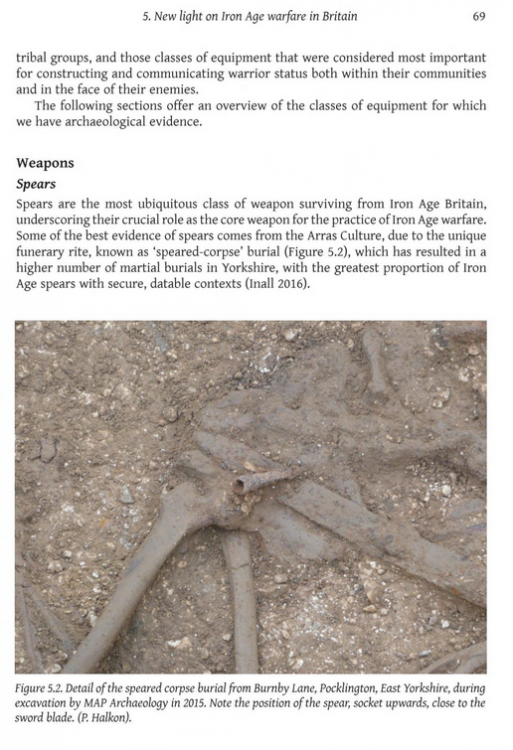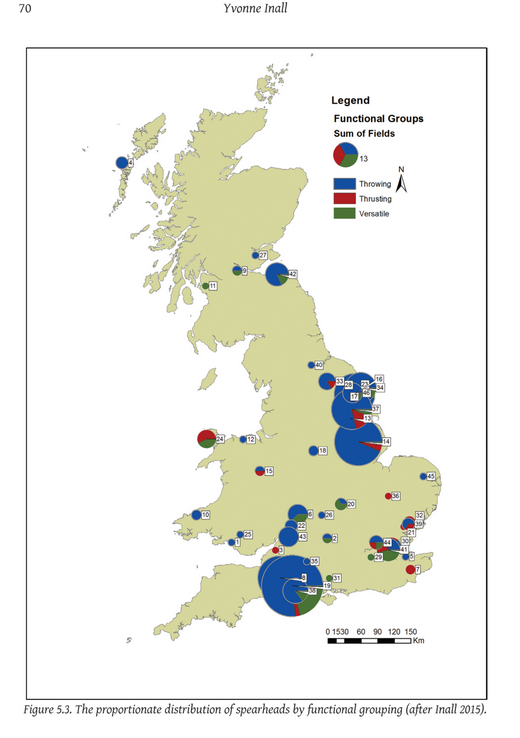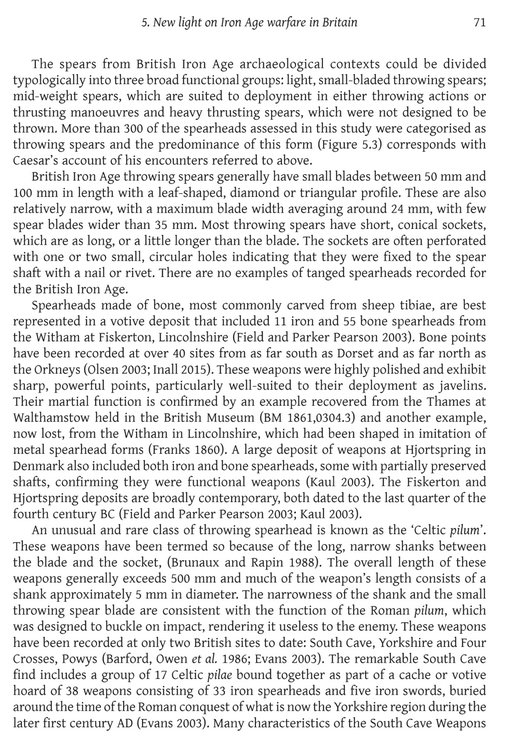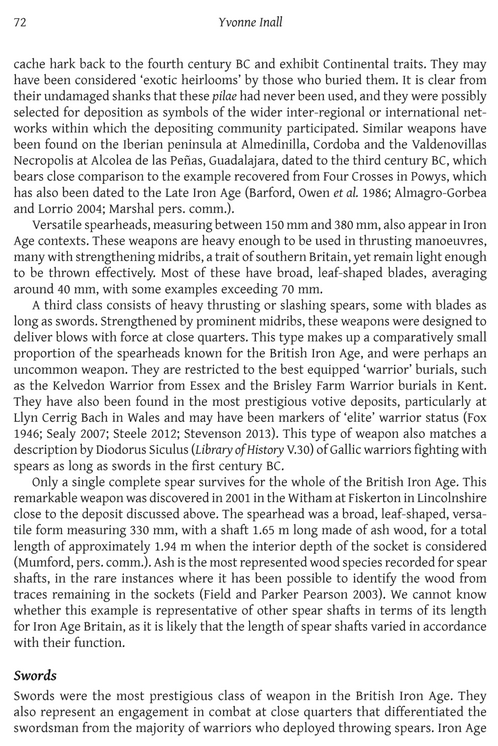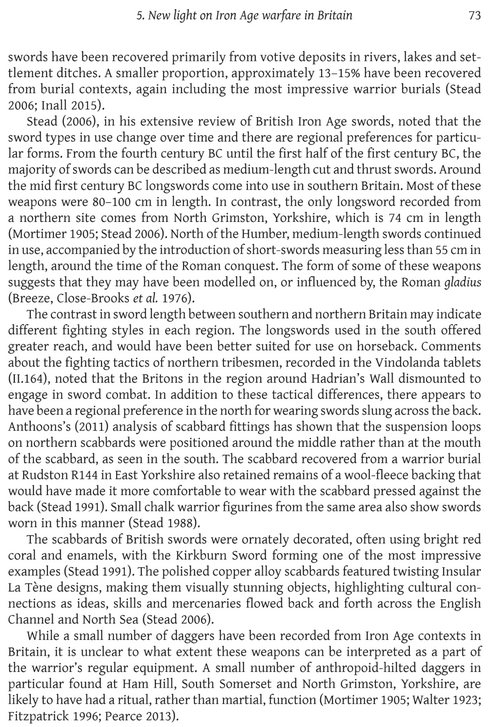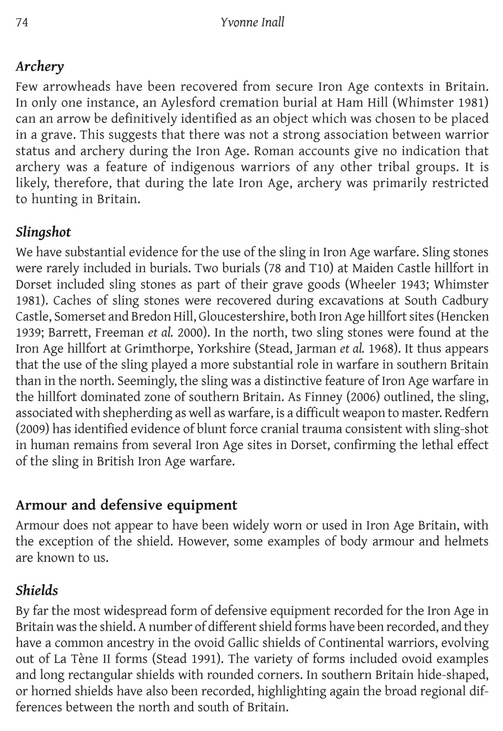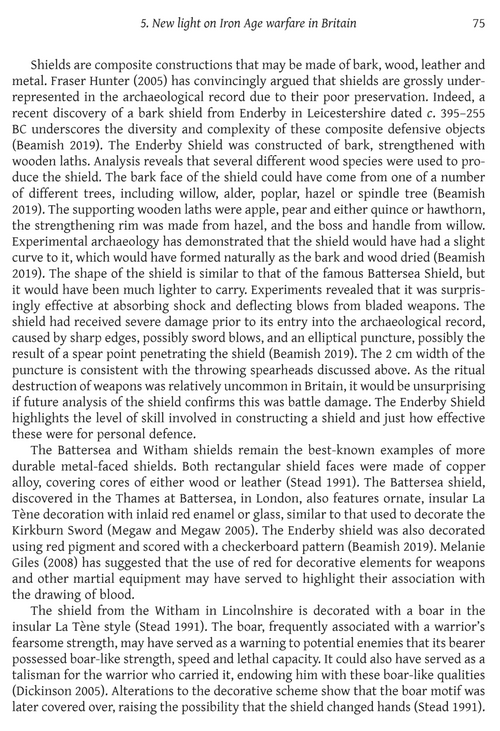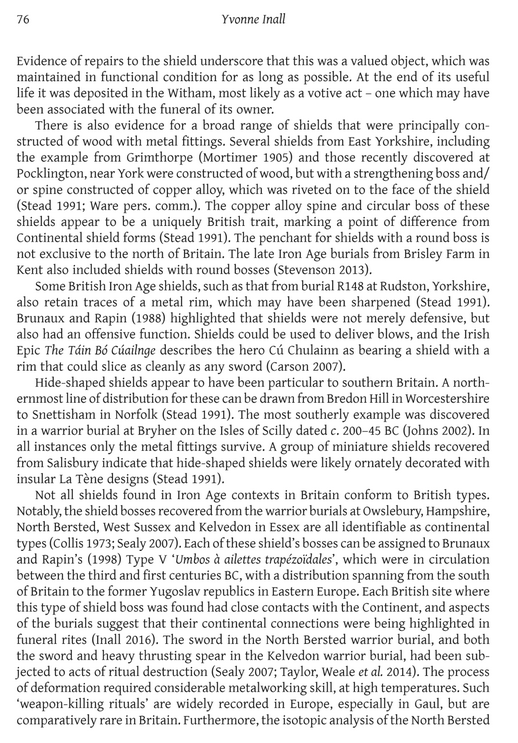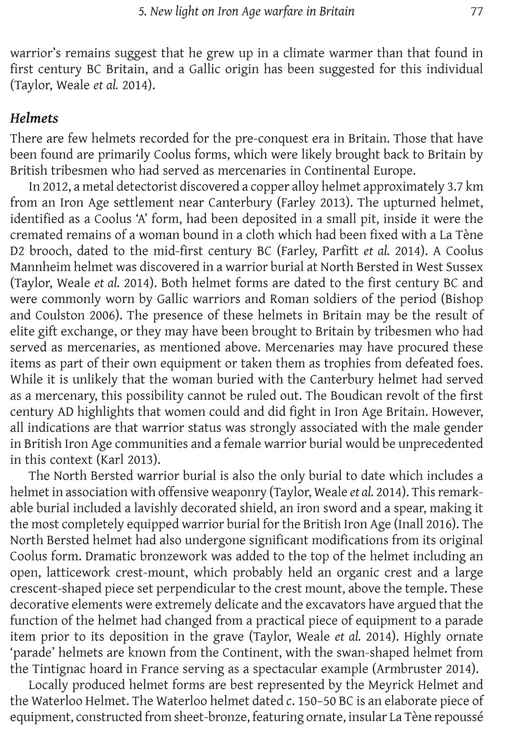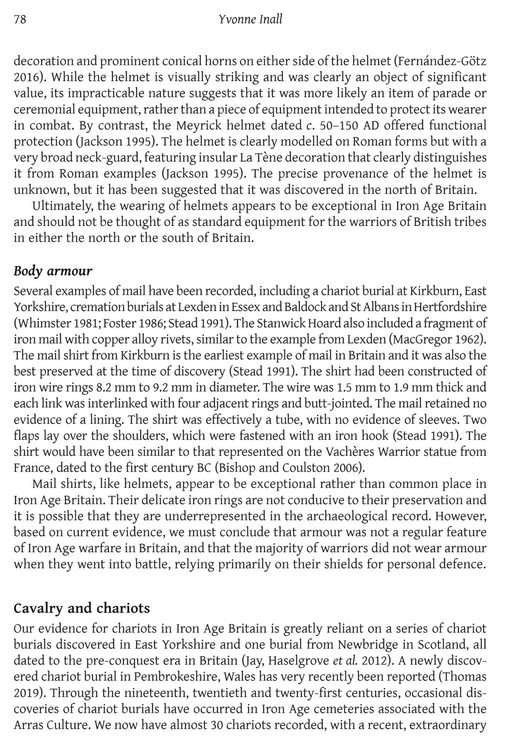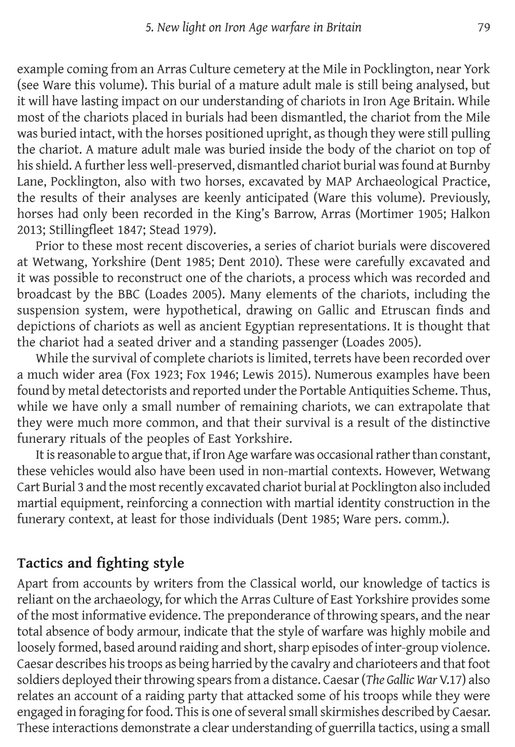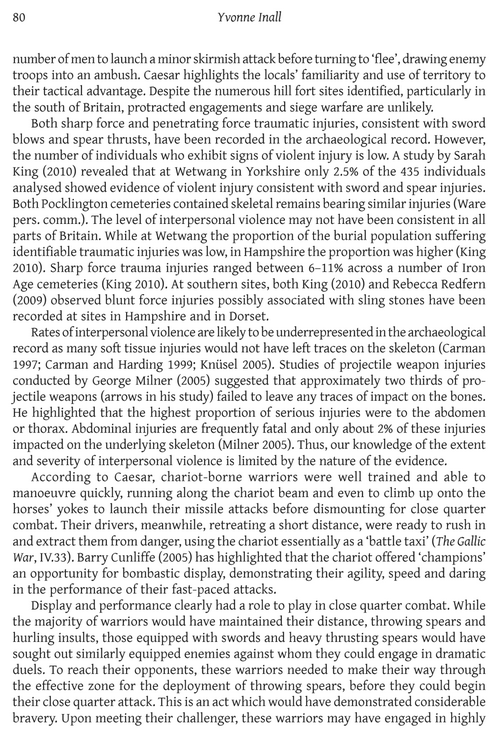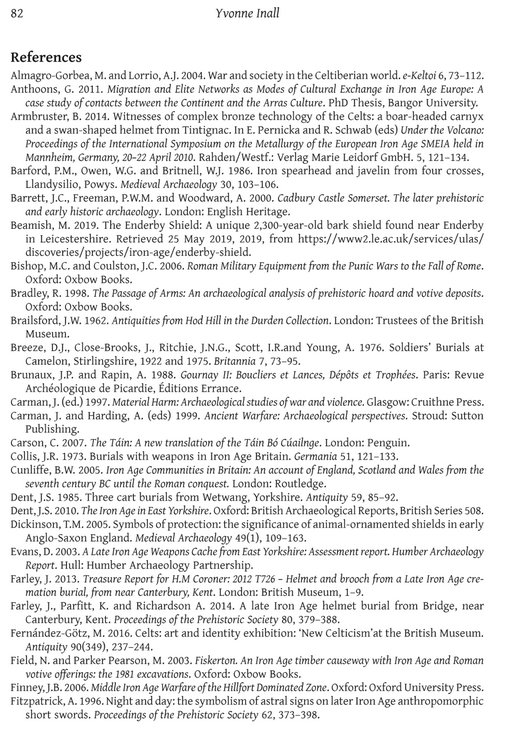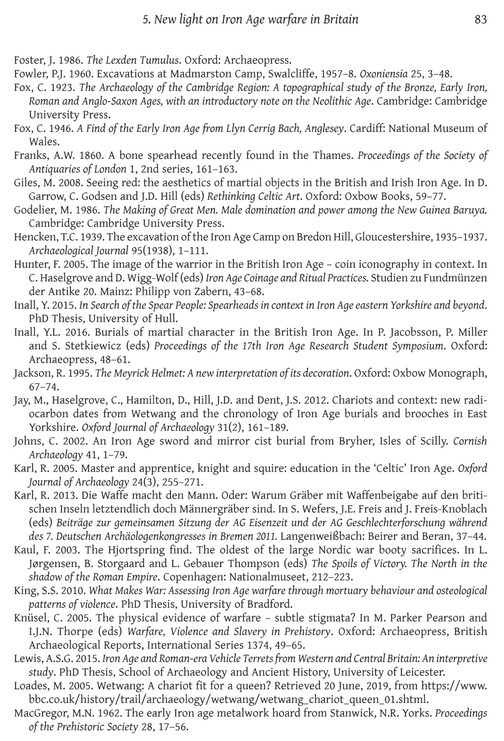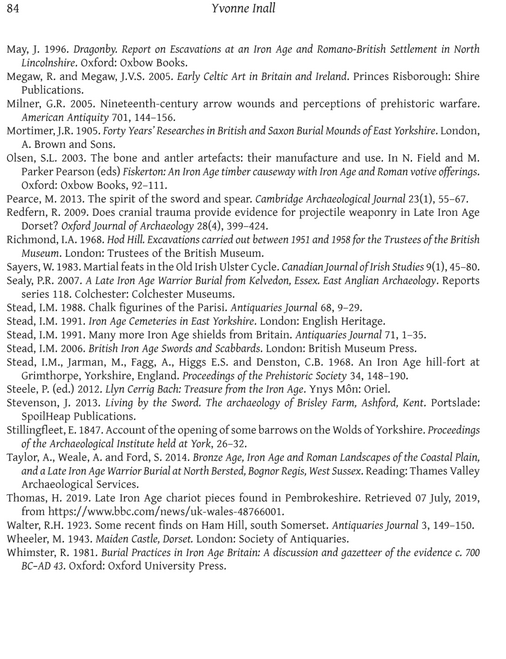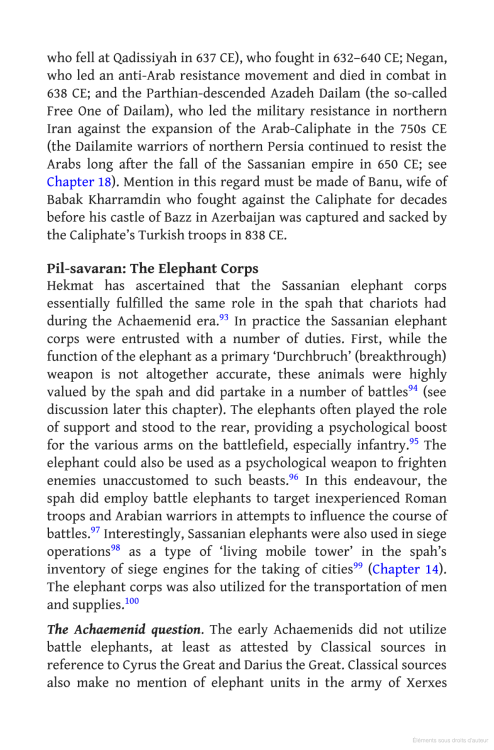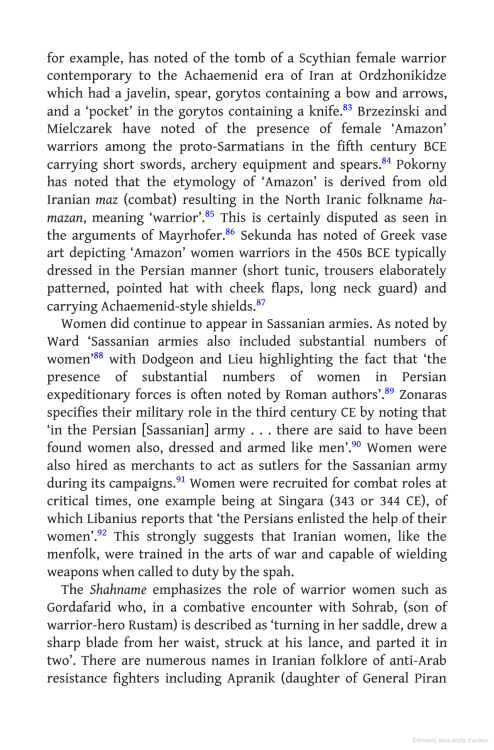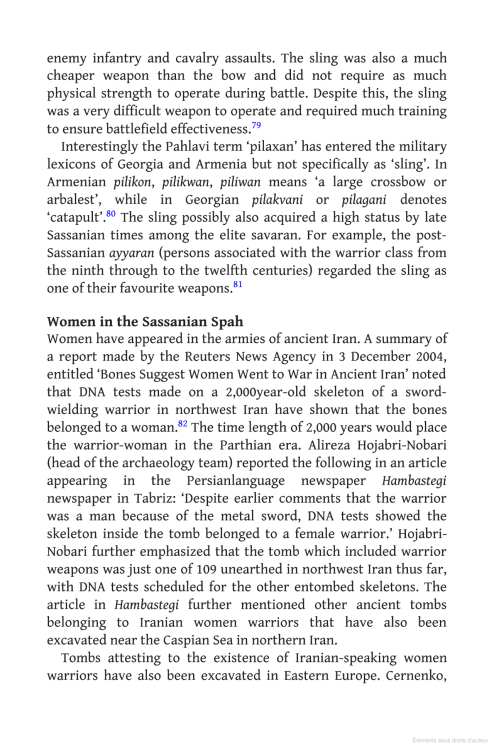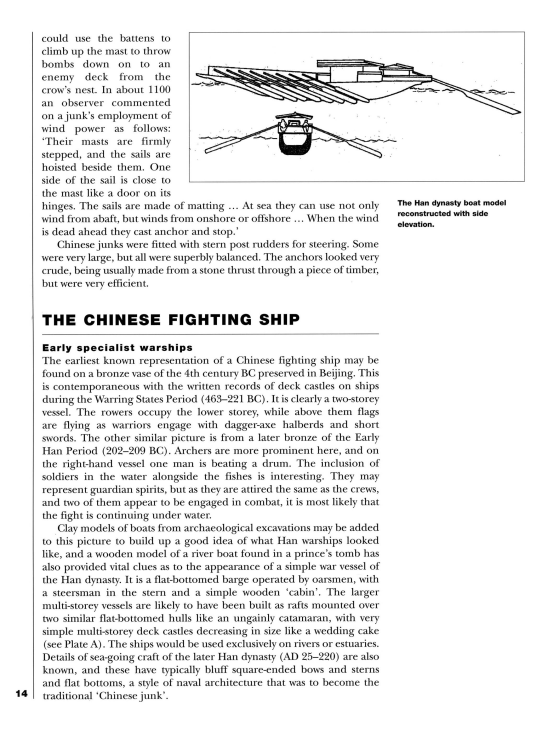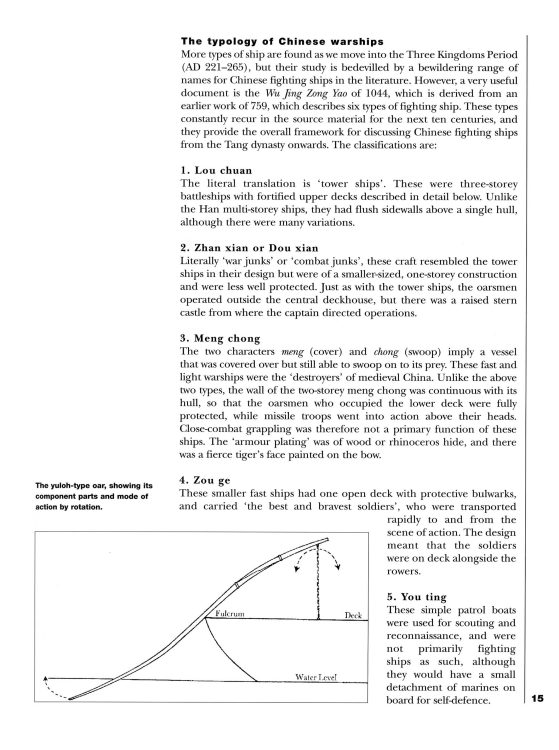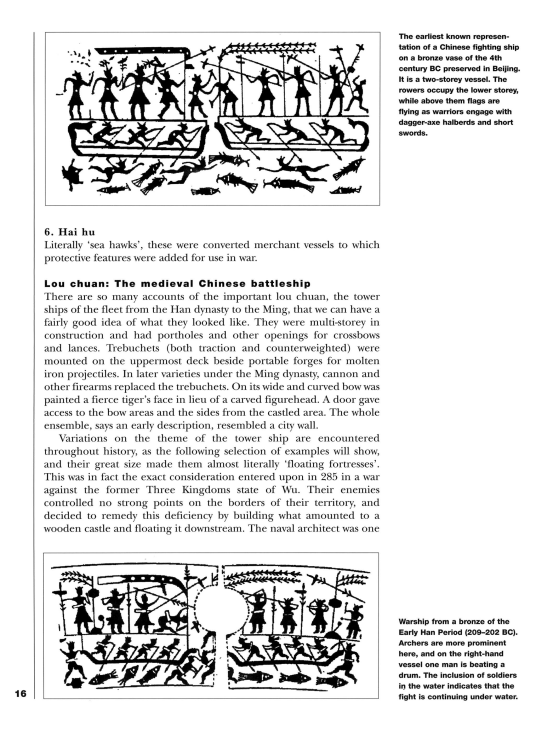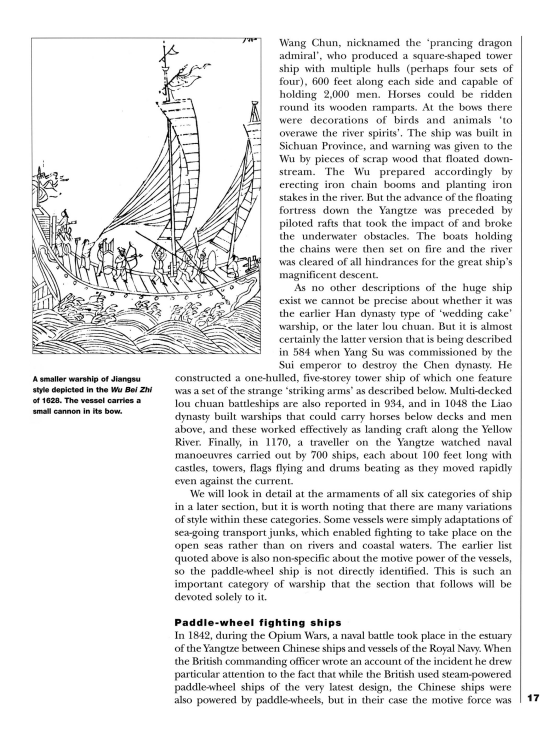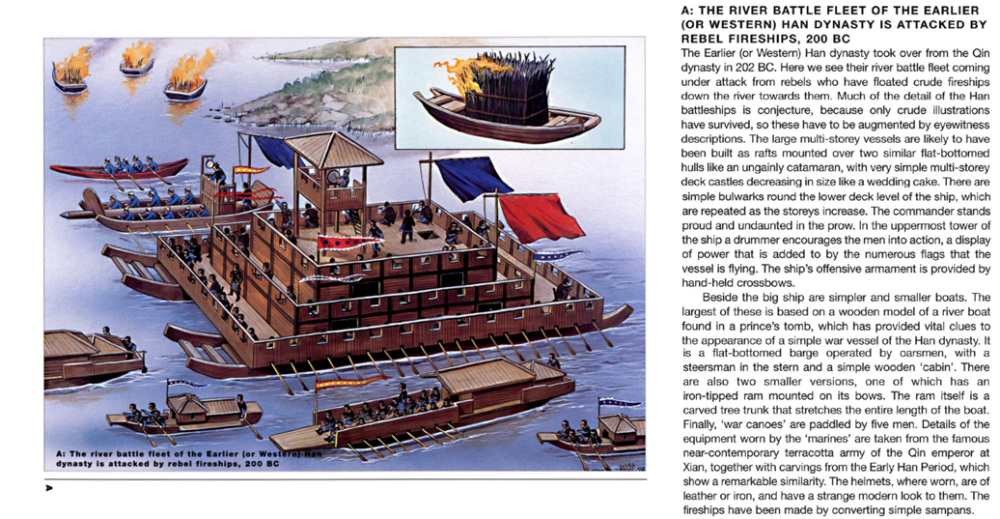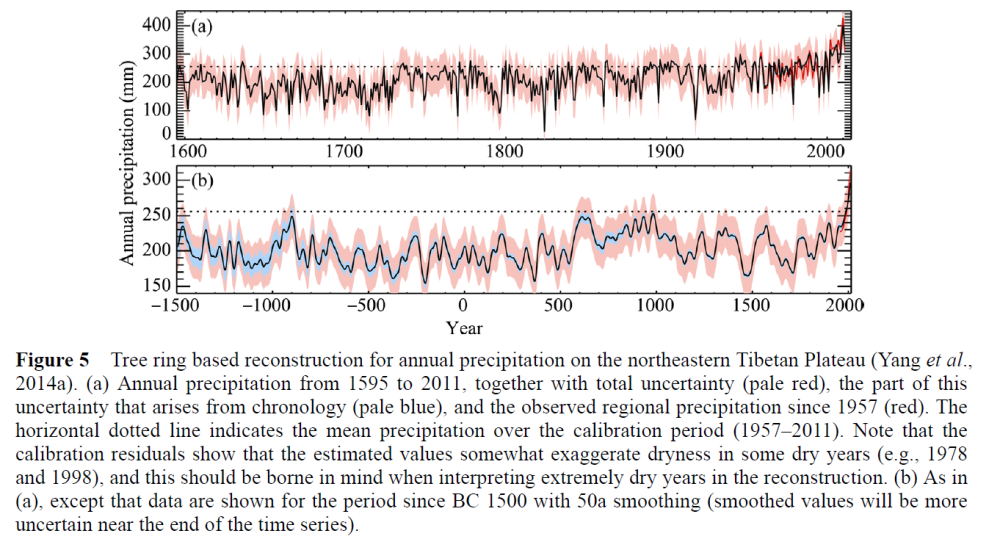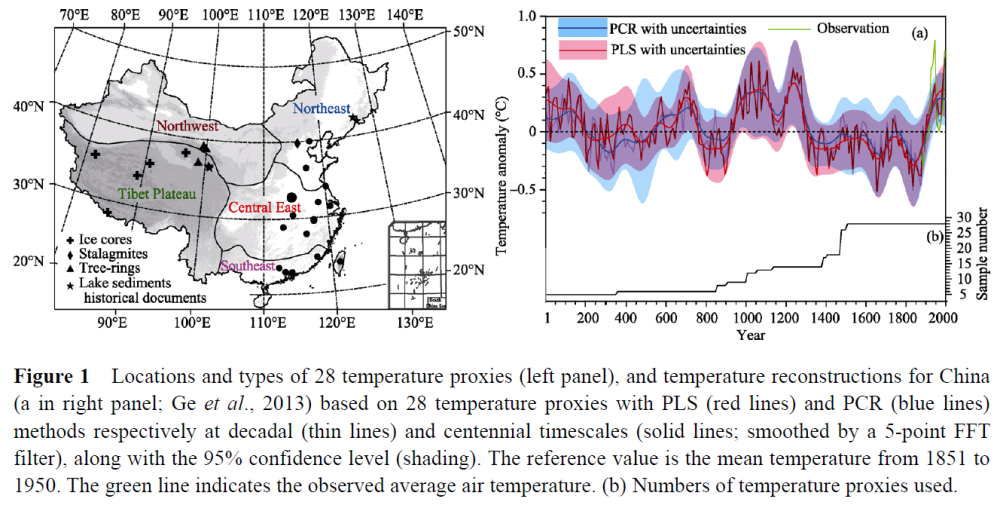-
Posts
2.454 -
Joined
-
Last visited
-
Days Won
88
Everything posted by Genava55
-
-
.thumb.jpg.b21ca1d0c15fb56b42c39b25a0a40815.jpg)
profiling What Happens During a Game of 0ad?
Genava55 replied to andy5995's topic in Game Development & Technical Discussion
I simply scanned the file with virustotal, that's a habit I have, especially with SVG because you can hide malicious script in it easily. But in this case I think this is a false positive. I just don't think the script is really necessary, you can see the svg without it. -
.thumb.jpg.b21ca1d0c15fb56b42c39b25a0a40815.jpg)
profiling What Happens During a Game of 0ad?
Genava55 replied to andy5995's topic in Game Development & Technical Discussion
-
If you read the beginning of the page, it says: "Agis, on seeing this, with the royal cohort, which was made up of his bravest men, I. plunged right into the dangerpoint of the fight, and cutting down those who resisted most bravely..." There is also the account of Diodorus Siculus, suggesting in this case he did kill some enemies: Diod. 17.63.4: An interesting event occurred in connection with Agis's death. He had fought gloriously and fell with many frontal wounds. As he was being carried by his soldiers back to Sparta, he found himself surrounded by the enemy. Despairing of his own life, he ordered the rest to make their escape with all speed and to save themselves for the service of their country, but he himself armed and rising to his knees defended himself, killed some of the enemy and was himself slain by a javelin cast; he had reigned nine years.
-
-
Agis III at the battle of Megalopolis: https://babel.hathitrust.org/cgi/pt?id=mdp.39015008158407&view=1up&seq=21 "Strabo (XV, 724) gives the treaty between Seleucus and Chandragupta, in which Seleucus ceded certain provinces and gave the Indian a daughter or niece, receiving in return 500 elephants." https://www.jstor.org/stable/626263 that's the motivation for the bonus
-
The other solution is that training Leonidas bring immediately another king (https://en.wikipedia.org/wiki/Leotychidas_II), the same with Agis III (https://en.wikipedia.org/wiki/Cleomenes_II). While Brasidas (not being a king but a general) wouldn't bring a new one. The other king could have a generic model. Or, the two kings system could be simply a bonus if the hero dies the player got a large discount for the next one.
-
-
Good idea. That would be unique. Olympic champion? Not sure if it is a proper name.
-
-
-
Except that the Assyrians weren't mentioned at Marathon.
-
-
From an old thread: Edit: I add this section from a book, dedicated to the military of the Achaemenid empire: Achaemenid_military.pdf
-
Two articles about the role of women: https://www.iranicaonline.org/articles/women-i https://www.worldhistory.org/article/1492/women-in-ancient-persia/ A few pages from The Armies of Ancient Persia: The Sassanians by Kaveh Farrokh:
-
There is a conference book on the topic: https://brill.com/view/title/14220 You can get most of the chapters/articles through google scholars for free: https://scholar.google.com/scholar?hl=en&as_sdt=0%2C5&q=The+World+of+the+Khazars&btnG=
-
from the osprey, I think it is the Zhan xian or Dou xian mentioned at the page 15, based on "Wu Jing Zong Yao" document made around 1044 you already mentioned before Yeah obviously we need to be careful with Osprey. I know that those books can be really bad depending the topic.
-
-
-
.thumb.jpg.b21ca1d0c15fb56b42c39b25a0a40815.jpg)
Caral, the oldest pre-Hispanic civilization
Genava55 replied to Manimal's topic in Game Modification
In English, I suggest those articles: Dating Caral, a Preceramic Site in the Supe Valley on the Central Coast of Peru Radiocarbon dates from the site of Caral in the Supe Valley of Peru indicate that monumental corporate architecture, urban settlement, and irrigation agriculture began in the Americas by 4090 years before the present (2627 calibrated years B.C.) to 3640 years before the present (1977 calibrated years B.C.). Caral is located 23 kilometers inland from the Pacific coast and contains a central zone of monumental, residential, and nonresidential architecture covering an area of 65 hectares. Caral is one of 18 large preceramic sites in the Supe Valley. https://www.researchgate.net/publication/12010372_Dating_Caral_a_Preceramic_Site_in_the_Supe_Valley_on_the_Central_Coast_of_Peru The Evolution of Social Institutions in the Central Andes The chapter traces the evolution of complex socio-political institutions in the Andes from their appearance in the north coast of Peru at the end of the 4th millennium BCE to the sprawling Inca Empire of the fifteenth century CE. For each period, the author describes the kinds of social institutions that developed among the varied societies of this vast region. The evolutionary process centers on monumental architecture requiring coordinated labor. After two millennia of complex social development, state societies emerged by coopting trade networks and barter fairs. The states focused on the control of roads and strategic colonies throughout their region. An elite style of architecture and statecraft was based on earlier, nonstate political, and economic institutions. These grew slowly and lasted for at least a half a millennium. State collapse was followed by political and social realignments, the context for the rapid growth of the Inca Empire in the fifteenth century. Unlike the first states, the Inca Empire was characterized by contiguous provinces and an imperial bureaucracy that administered dozens of distinct ethnic groups and provinces. The earlier relationships between trade, production, and distribution were coopted by the Inca into a grand imperial strategy of population concentration and the creation of industrial enclaves. The rapid rise of the Inca was followed by its relatively quick political collapse at the hands of European invaders. https://docdro.id/EpB1Td1 And this thesis: Caral and the rise to civilization in the Norte Chico Peru The site of Caral, Peru has undergone much archaeological excavations under the direction of Dr. Ruth Shady over the course of the years following 1994. Caral has been radiocarbon dated to over five thousand years ago. It has been proposed by some scholars, Dr. Shady included, that the site of Caral and the surrounding sites in the Supe Valley represent a state level society. However, there is a general consensus in the literature holding that Caral does not represent a highly stratified society such as a state. In order to gain a better understanding of what Caral really represents, this thesis compares Caral to two known state level societies, the Moche and Tiwanaku states. The comparison is based on a number of key factors seen in state levels societies namely, site size and distribution, monumental architecture, craft specialization, iconography and burial stratification. https://minds.wisconsin.edu/handle/1793/66572 -
From Quansheng et al.: Recent advances on reconstruction of climate and extreme events in China for the past 2000 years
-
That's the dataset from Zhu Kezhen, probably made around the 1970s. He was a brillant scientist but at this time the methods in palaeoclimatology were limited. This curve mostly follows the dataset from Camp Century ice core in Greenland. So I would not say it is accurate.




